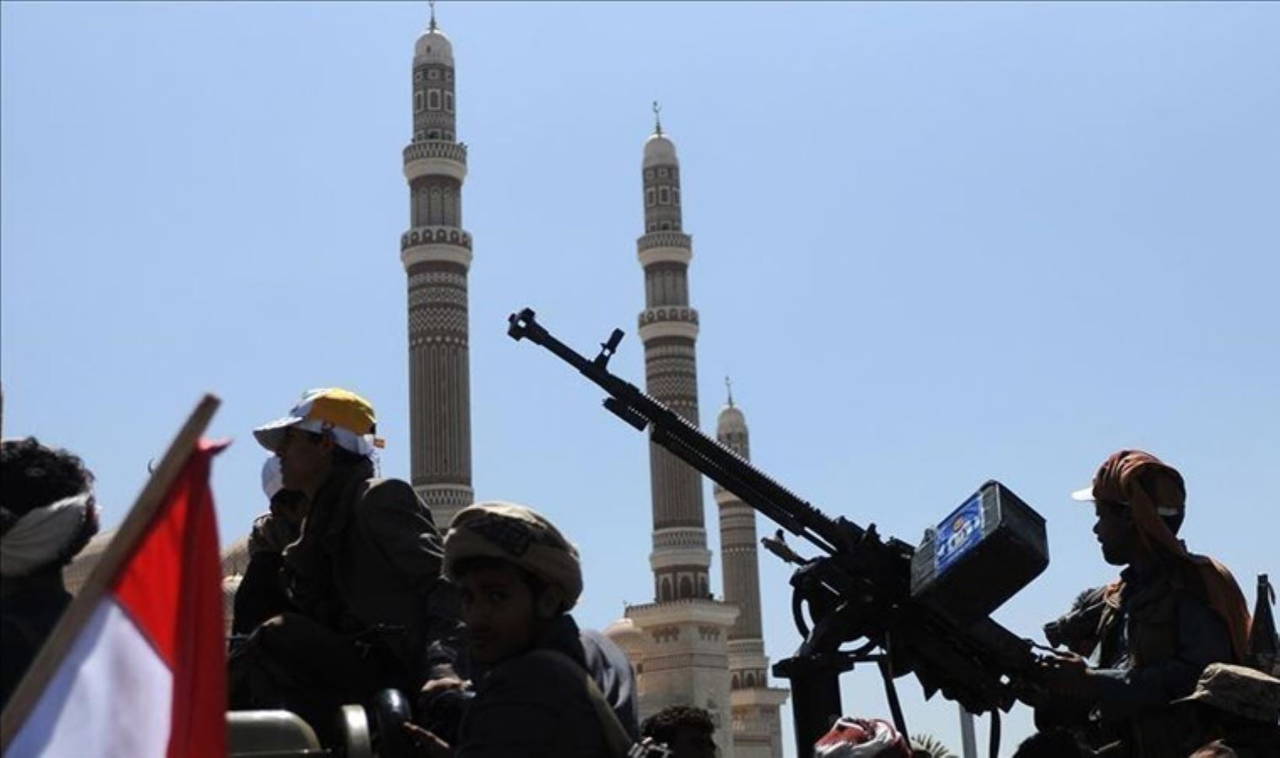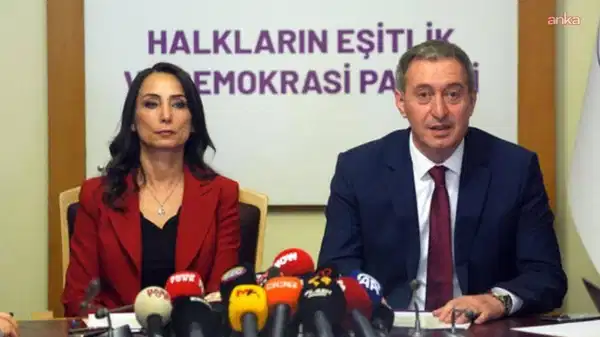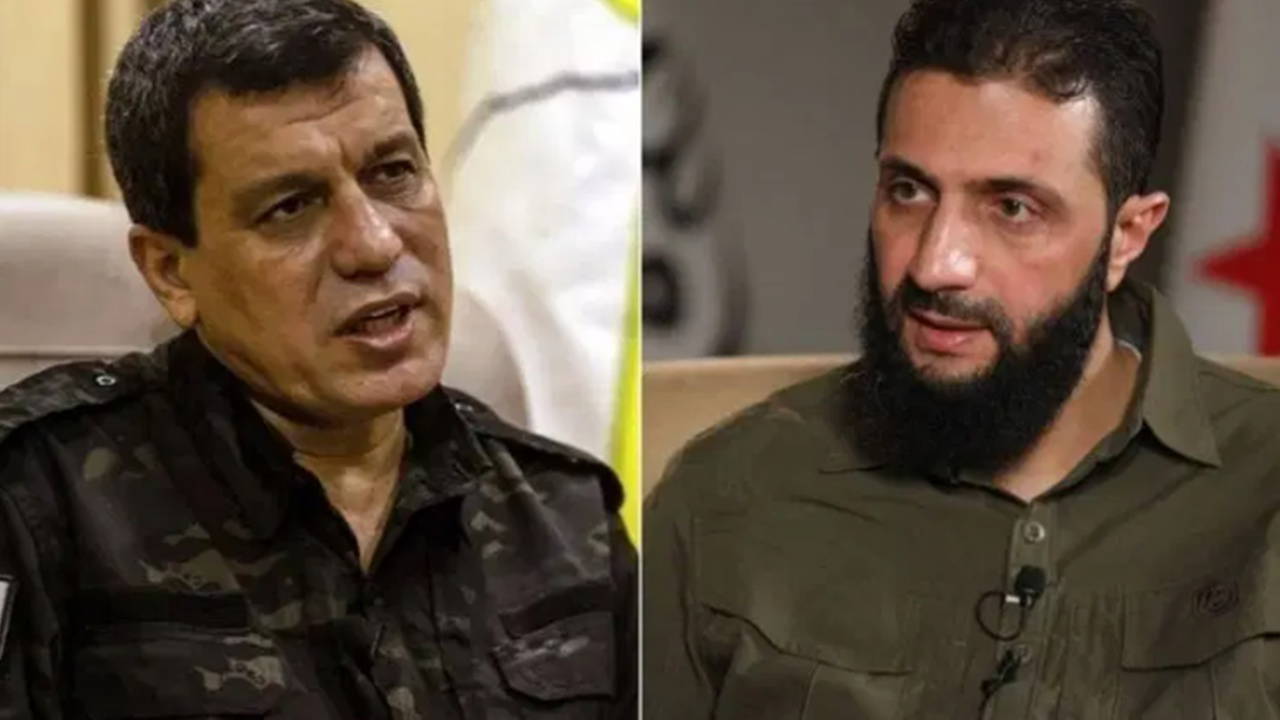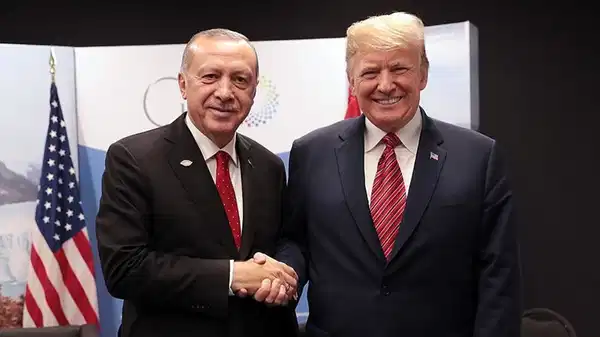Hopes to end nine devastating years of conflict are at an all-time high in Yemen since Sunday's talks between Iran-aligned Houthi rebels and Saudi Arabia, the main backer of the war-torn country's government.
Once known as Arabia Felix — happy or prosperous Arabia — and for its ancient mudbrick "skyscrapers," Yemen has long been plagued by civil war since 2014, serving as the battleground between two regional powerhouses while its people suffered violence, disease, and famine for years.
Now, it seems peace is closer than ever in Yemen as talks to extend a truce gained pace following a deal between Saudi Arabia and Iran last month to put years of hostilities behind them.
Just weeks after the regional powers' China-brokered agreement to restore ties, Saudi and Omani delegations held talks with the Houthis over the weekend in the Yemeni capital, Sanaa.
The Yemeni government, meanwhile, said it agreed with the rebels to extend their cease-fire from six months to a year, with a deal expected to be announced in the coming days.
When did the war start?
Inspired by the Arab Spring protests in Tunisia and Egypt, Yemenis took to the streets on Jan. 27, 2011. The ensuing mass protests led to the toppling of former President Ali Abdullah Saleh, who was at the helm of the country for 33 years.
The anti-government demonstrations against poverty and unemployment in the Arab world's poorest nation culminated in a transition plan brokered by the Gulf Cooperation Council (GCC) on Nov. 23, with Saleh transferring power his deputy Abd-Rabbu Mansour Hadi in exchange for immunity from prosecution.
In accordance with the plan, Yemenis went to the polls to choose Hadi as the sole candidate in the race for president of the country on Feb. 21, 2012.
But Yemen descended into civil war over years later when the Iran-aligned Houthi rebels captured much of the country, including the capital Sanaa.
Even now, the Houthis control most of the country's population centers.
In March 2015, a Saudi-led military coalition of nine Arab countries intervened in the War, responding to a call by President Hadi's internationally recognized government for military support against the rebels.
The coalition's main objective with its military operation, called "Operation Decisive Storm," was to reinstate the Yemeni government.
Who are the warring parties?
Accused by Saudi Arabia of being a proxy for Iran, the Zaidi Shia Muslim Houthis have been fighting Yemen's government since 2004.
In the 1990s, they rose up against the long-serving former President Saleh.
Under the leadership of Hussein Bedraddin al-Houthi, for whom they were named, they accused Saleh of corruption and criticized him for being backed by Saudi Arabia and the US.
However, the turning point for the Houthis was their takeover of Sanaa in 2014, unseating the Saudi-backed internationally recognized government, which has been headed by Rashad al-Alimi since 2022.
Alimi was chosen by the country's Presidential Council after Saudi Arabia withdrew its support for Hadi, who had been in Riyadh since being forced out of the country by the Houthis in 2015.
Another key player in Yemen is the separatist UAE-backed Southern Transitional Council (STC). Their main goal is to establish southern Yemeni independence.
The STC once fought alongside forces loyal to the internationally recognized government of President Hadi to retake control of Sanaa and the northern parts of the country.
What's happening now?
After years of friction, Saudi Arabia and Iran agreed early in March to restore diplomatic ties under a China-brokered deal and reopen their embassies within two months.
In parallel with the recent rapprochement, Saudi Arabia went a step further with its delegation's visit to Houthi-controlled Sanaa for talks on a permanent cease-fire.
On Sunday, the Omani and Saudi delegations met with Mahdi al-Mashat, head of the Houthis' Supreme Political Council.
Houthi official Mohammed al-Bukhaiti said on Twitter that it is "clear that an atmosphere of peace is hanging over the region, encouraging optimism and hope."















